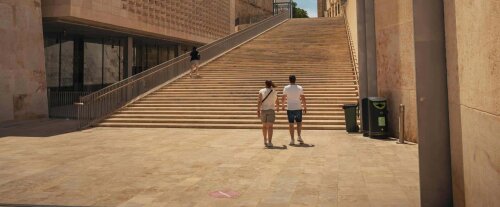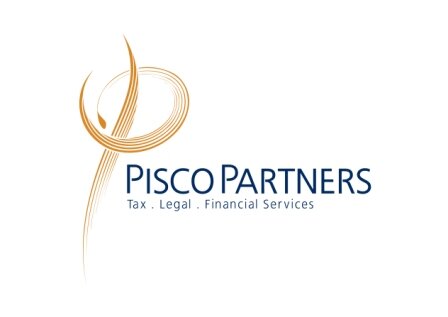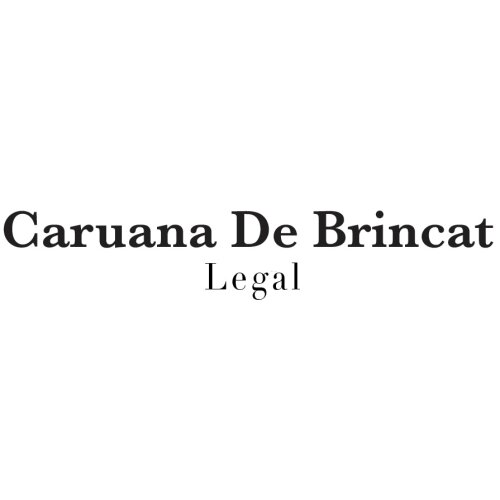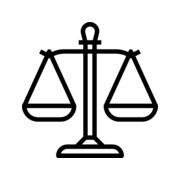Best Landlord & Tenant Lawyers in Malta
Share your needs with us, get contacted by law firms.
Free. Takes 2 min.
Free Guide to Hiring a Real Estate Lawyer
Or refine your search by selecting a city:
List of the best lawyers in Malta
About Landlord & Tenant Law in Malta
Landlord and Tenant law in Malta is primarily governed by the Civil Code, supplemented by specific housing legislation. In recent years, these laws have seen significant amendments, aimed at balancing the interests of both parties while ensuring fair and stable rental agreements. The primary goal is to provide a robust framework that defines the rights and obligations of landlords and tenants, offering protection and legal remedies to both parties in case of disputes.
Why You May Need a Lawyer
Several circumstances could necessitate legal assistance in Landlord & Tenant matters in Malta. Common situations include:
- Dispute Resolution: Conflicts over rent, property maintenance, or tenancy terminations often require legal intervention to ensure a fair outcome.
- Lease Agreement Drafting: Both landlords and tenants might seek legal help in drafting or reviewing lease agreements to ensure that all clauses comply with Maltese law.
- Eviction Process: Landlords needing to evict tenants legally, or tenants facing eviction, may need legal guidance to navigate the complex procedures involved.
- Discrimination Claims: Tenants who feel they have been discriminated against based on race, gender, etc., may need a lawyer to pursue their rights.
- Damage Disputes: Legal help might be needed when there's a disagreement over the responsibility and cost of property repairs or damages.
Local Laws Overview
The rental market in Malta is subject to stringent regulation. Key aspects of the local laws include:
- Registration of Lease: All residential leases must be registered with the Housing Authority in Malta.
- Rent Increases: The law defines strict guidelines on permissible rent increases, which typically should not exceed the percentage stipulated by current regulations.
- Security of Tenure: Tenants have a high degree of security for the lease duration and can only be evicted under specific circumstances outlined by law.
- Termination of Lease: Both landlords and tenants must adhere to statutory notice periods and conditions when terminating a tenancy.
Frequently Asked Questions
What is the minimum lease term for residential properties?
The minimum lease term is one year for residential properties.
Can a landlord increase the rent during the lease term?
No, rent increases during a fixed-term lease are only permissible if explicitly stated within the agreement. Annual increases follow specific guidelines if allowed.
What can I do if my landlord is not maintaining the property?
Tenants can file a complaint with the Rent Regulation Board if the landlord fails to fulfill maintenance obligations stated in the lease.
Can a tenant sublet the property?
Generally, subletting requires the landlord's consent unless the lease agreement expressly permits it.
What if a tenant refuses to leave the property after the lease ends?
Landlords can apply for an eviction order through the Civil Court if a tenant refuses to vacate after the lease expires.
How is the security deposit handled?
Landlords usually require a security deposit, which should be returned at the end of the lease unless there are damages or unpaid bills.
What should be included in the lease agreement?
A lease should clearly outline the responsibilities of both parties, rent amount, payment method, duration, and any other specific terms agreed upon.
Can a tenant terminate the lease early?
If a tenant wants to end the lease early, they must provide notice as stipulated in the lease agreement. Negotiations for mutual termination can also be considered.
Is it necessary to register a lease agreement?
Yes, it is mandatory to register all residential lease agreements with the Housing Authority.
Where can I seek assistance for rental disputes?
For disputes, you can approach the Rent Regulation Board or consult a legal professional specializing in landlord and tenant law.
Additional Resources
Here are some resources that can be helpful for those seeking further information:
- Housing Authority: Provides guidelines and resources for both landlords and tenants.
- Ministry for Social Accommodation: Offers policies and updates on housing laws in Malta.
- Rent Regulation Board: Manages disputes between landlords and tenants and provides legal recourse.
Next Steps
If you need legal assistance with landlord and tenant issues in Malta, consider the following steps:
- Consult a lawyer specializing in property law to discuss your case in detail.
- Prepare all relevant documents and evidence related to your case, such as contracts and correspondence.
- Approach local bodies like the Housing Authority for initial guidance.
- Consider mediation as an alternative dispute resolution method before pursuing legal action.
Taking early action and seeking proper legal advice can help resolve issues more effectively and ensure your rights are protected.
Lawzana helps you find the best lawyers and law firms in Malta through a curated and pre-screened list of qualified legal professionals. Our platform offers rankings and detailed profiles of attorneys and law firms, allowing you to compare based on practice areas, including Landlord & Tenant, experience, and client feedback.
Each profile includes a description of the firm's areas of practice, client reviews, team members and partners, year of establishment, spoken languages, office locations, contact information, social media presence, and any published articles or resources. Most firms on our platform speak English and are experienced in both local and international legal matters.
Get a quote from top-rated law firms in Malta — quickly, securely, and without unnecessary hassle.
Disclaimer:
The information provided on this page is for general informational purposes only and does not constitute legal advice. While we strive to ensure the accuracy and relevance of the content, legal information may change over time, and interpretations of the law can vary. You should always consult with a qualified legal professional for advice specific to your situation.
We disclaim all liability for actions taken or not taken based on the content of this page. If you believe any information is incorrect or outdated, please contact us, and we will review and update it where appropriate.
Browse landlord & tenant law firms by city in Malta
Refine your search by selecting a city.

















